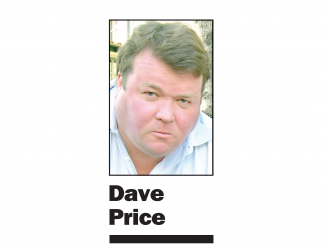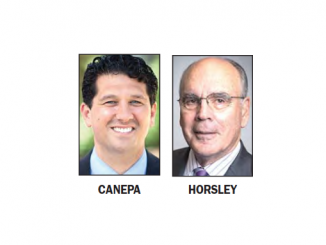
BY ALLISON LEVITSKY
Daily Post Staff Writer
Those who stayed up until midnight to watch Palo Alto City Council got to see some real-time deal-making as council negotiated over a new hotel tax to cover city infrastructure projects, ultimately deciding to go to voters in November for permission to raise the tax from 14% to 15.5%.
The increase is lower than the 16% initially proposed in order to avoid what Mayor Liz Kniss called the “optics” of having highest hotel tax in the state.
At a few minutes after midnight Tuesday (June 19) morning, Council voted 6-1-2, with Councilwoman Lydia Kou opposing and councilmen Greg Tanaka and Tom DuBois absent, to put the measure on the ballot.
Kou and Councilman Adrian Fine had voted to oppose the 15.5% number, with Kou championing 15% and Fine wanting 16%.
The infrastructure projects include a new police building, bike and pedestrian improvements and new parking garages downtown and in the California Avenue business district.
The discussion allowed for some realtime horse trading during the council meeting.
City Attorney Molly Stump warned the council of a proposed state proposition by the Business Roundtable that would require two-thirds approval for a tax by both the council and voters. Because it would apply retroactively for items on the November ballot, Stump said the council needed six votes to put the hotel tax on the ballot to prevent it from being reversed later this year if the state proposition passes.
Councilwoman Karen Holman said she didn’t support the increase, but didn’t want to be responsible for preventing the increase from going to voters.
She noted that there were more hotels in Palo Alto and surrounding cities than there were the last time the city raised the hotel tax, and that the Cardinal Hotel had not been booked up for the Stanford graduation this year or last year.
She quipped that maybe her colleagues could sway her by making her an offer.
“I think going to the highest (hotel tax) in the state is rather egotistical,” Holman said. “I don’t think it’s going to play well with the public, and I think trying to raise additional monies by a tax is not clearly taking responsibility for the fact that I think we can do a better job of how we spend money.”
Kniss, however, wasn’t so charitable. She saw an opportunity to reduce the tax from 16% to 15.5%, and said she didn’t like “the optics” of Palo Alto having the highest hotel tax in the state, even though Fine and Vice Mayor Eric Filseth scoffed at the significance of that.
“I’m just going to observe that a half-percent amounts to $1.50 on a $300 hotel bill, but it’s a difference of $8 million after you bond it to the city,” Filseth said.
But Kniss didn’t back down, asking Kou to support the 15.5% number.
“This is the first auction I’ve done in real live time,” Kniss joked.
Kou and Filseth spoke about wanting the city to buy an AT&T-owned piece of property next to Boulware Park in the Ventura neighborhood, which is near where Kou lives on Matadero Avenue.
Kou said she would support the 15.5% number if the tax increase would fund the Boulware Park expansion.
But a half-percentage lower would deny the city $850,000 per year, Fine pointed out.
City Manager Jim Keene mentioned that in 2020, the city will need to go to the voters to fund expensive bridges over or under the Caltrain tracks, called grade separations. Councilman Cory Wolbach said he had wanted to pursue an employer headcount tax this year, but that the city would need to wait until 2020 to get the funds that way.



Not a penny more for the rapacious, moneygrubbing Palo Alto City Council, the greediest “public servants” in the United States. How has Silicon Valley not come up with an app yet to replace these losers?
Touche!